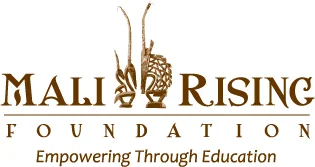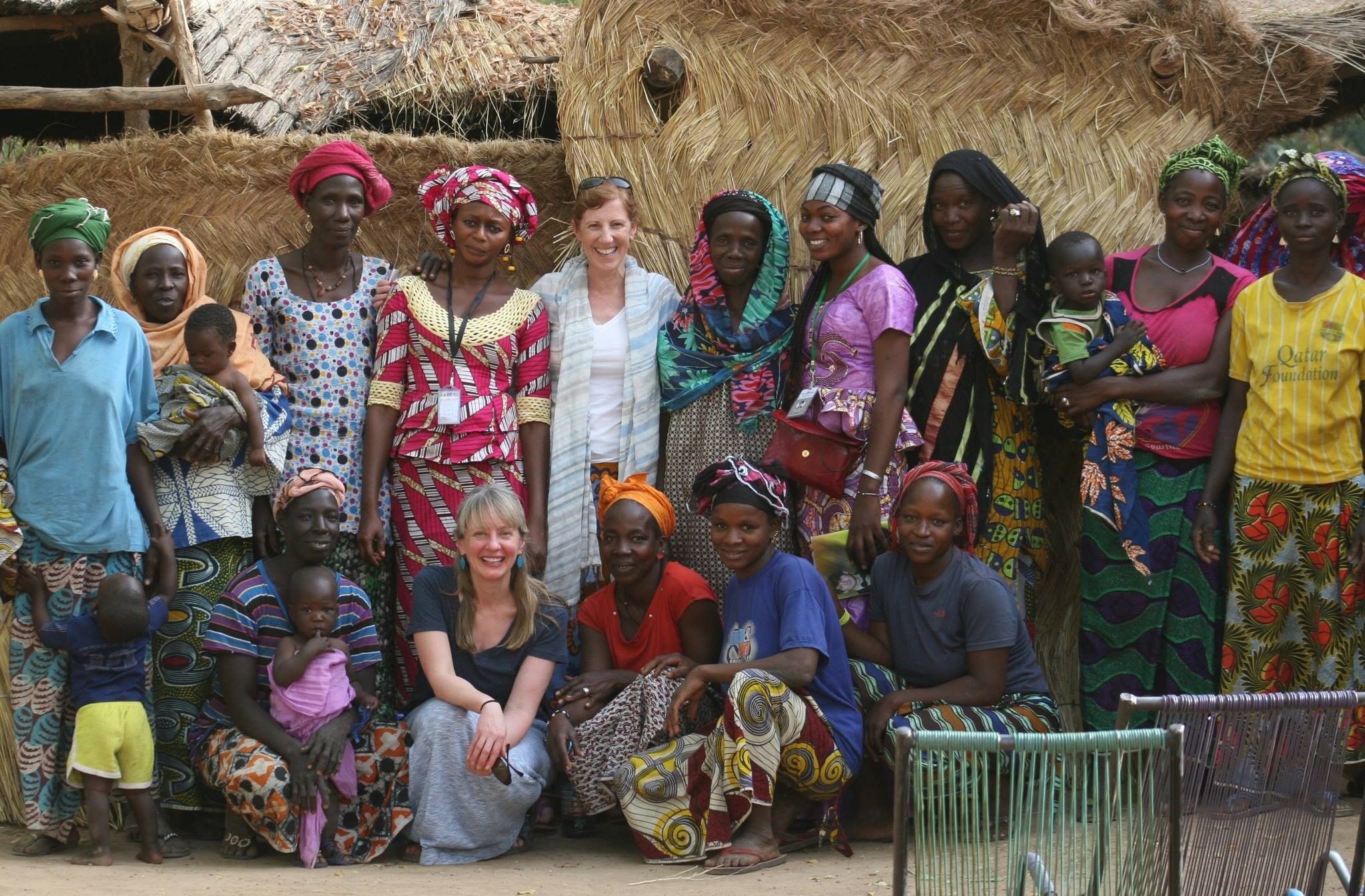By Merritt Frey, Executive Director
I recently had my 7 year anniversary as the Executive Director of Mali Rising…it is hard to believe! The anniversary has me thinking about how much I’ve learned over those years and how much I’ve grown to respect the people of Mali and love the culture of the country. On this cold Friday morning when I feel so far away from the warmth of the climate and people, I thought I’d share a few fun Mali facts to help you know the country a little better too.
This great picture is the perfect reminder of my first trip to Mali in 2016. This is the women of Simidji - home to Mali Rising’s Sue Chung Chui Middle School, Mali Rising staff member Hindaty, board member Jill, and me (bottom left/center).
FACT #1
Mali’s name comes from the Bambara word for hippopotamus, which can be found in the Niger River that winds its way through the country. As a side note, the name of Mali’s capital, Bamako, comes from the Bambara word meaning "place of crocodiles" or in some interpretations “the tail of the crocodile.”
FACT #2
Although today Mali is one of the poorest countries in the world, it used to be one of the very richest. Its great wealth was built on trading of salt and gold and the country was a center of scholarship and learning. (https://www.worldatlas.com/articles/10-interesting-facts-about-mali.html)
FACT #3
The prime meridian passes through the city of Gao in Mali. This means you can stand with one foot in each hemisphere if you visit Gao! (https://www.onhisowntrip.com/most-interesting-facts-about-mali/)
FACT #4
Mali achieved independence from France (which colonized much of West Africa) in 1960. This makes Mali quite a new democracy, and the legacy of colonization continues to cause issues today.
FACT #5
Mali’s economy is largely based on agriculture, with cotton being the primary export crop. Approximately 80% of the population is involved in farming or fishing as their main livelihood. Gold mining also contributes a significant amount to the country’s exports. Together, gold and cotton make up approximately 80% of the country’s exports. (http://justfunfacts.com/interesting-facts-about-mali/ and https://www.economy.com/mali/indicators).
Every country and every place has a complicated history and context. It has been a pleasure to have the chance to learn a little bit about Mali each year and to have my understanding of the place and people grow at the same time. It is such a good reminder to always be curious about how we are all the same and how we are all different!
Inspired by what you’ve read? Donate to Mali Rising to be part of keeping this work going!



